Fortunes are rarely won by playing it safe. On the contrary, the biggest fortunes have been won by those willing to step outside the box and change the way the game is played. Following are twenty-five business innovators of the past, present, and future whose stories are different in many respects, but all point to the same truth: Ingenuity, improvisation, and daring are more important than following the rules (even though you might find yourself on the wrong side of the law once in a while).
1. Jack Welch
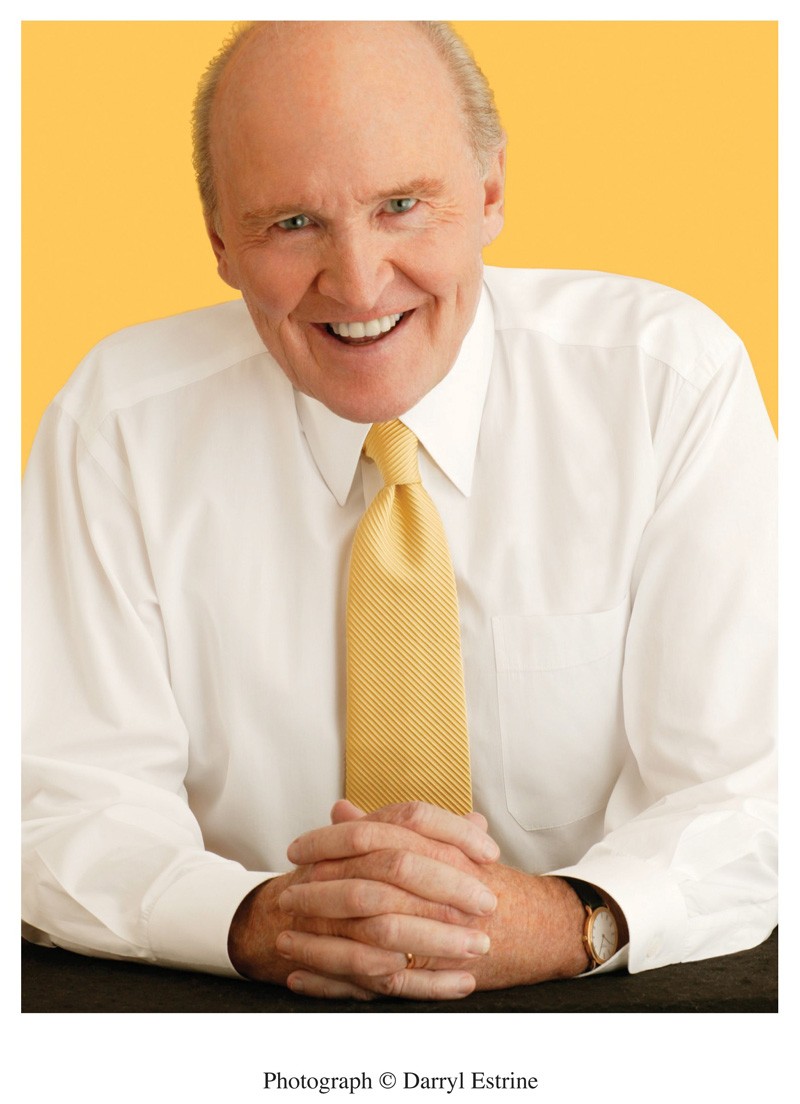
Named “Manager of the Century” by Fortune Magazine in 1999, Jack Welch is perhaps most famous for streamlining GE, reducing management from 29 levels to only six, closing businesses, and firing a significant percentage of his subordinates. Despite his strong, seemingly brash tactics (he was nicknamed “Neutron Jack” for firing so many employees), he brought the value of GE up from $12 billion to $280 billion, the largest increase for any company under any CEO. He also championed the notion of informality, which he brought to GE.
2. Steve Jobs

Co-founder of Apple and chairman of Pixar, Steve Jobs towers over Silicon Valley as a renegade and artist as much as a business manager. Fortune magazine calls him a “global cultural guru,” responsible for changing the way the world works and plays. Yet, he has been criticized for his superior attitude, taking credit away from his subordinates, micro-managing his business, firing employees in fits of anger, and any number of minor infractions, such as parking his Mercedes in handicapped spaces. His net worth is estimated to be over $20 billion.
3. Sir Richard Branson
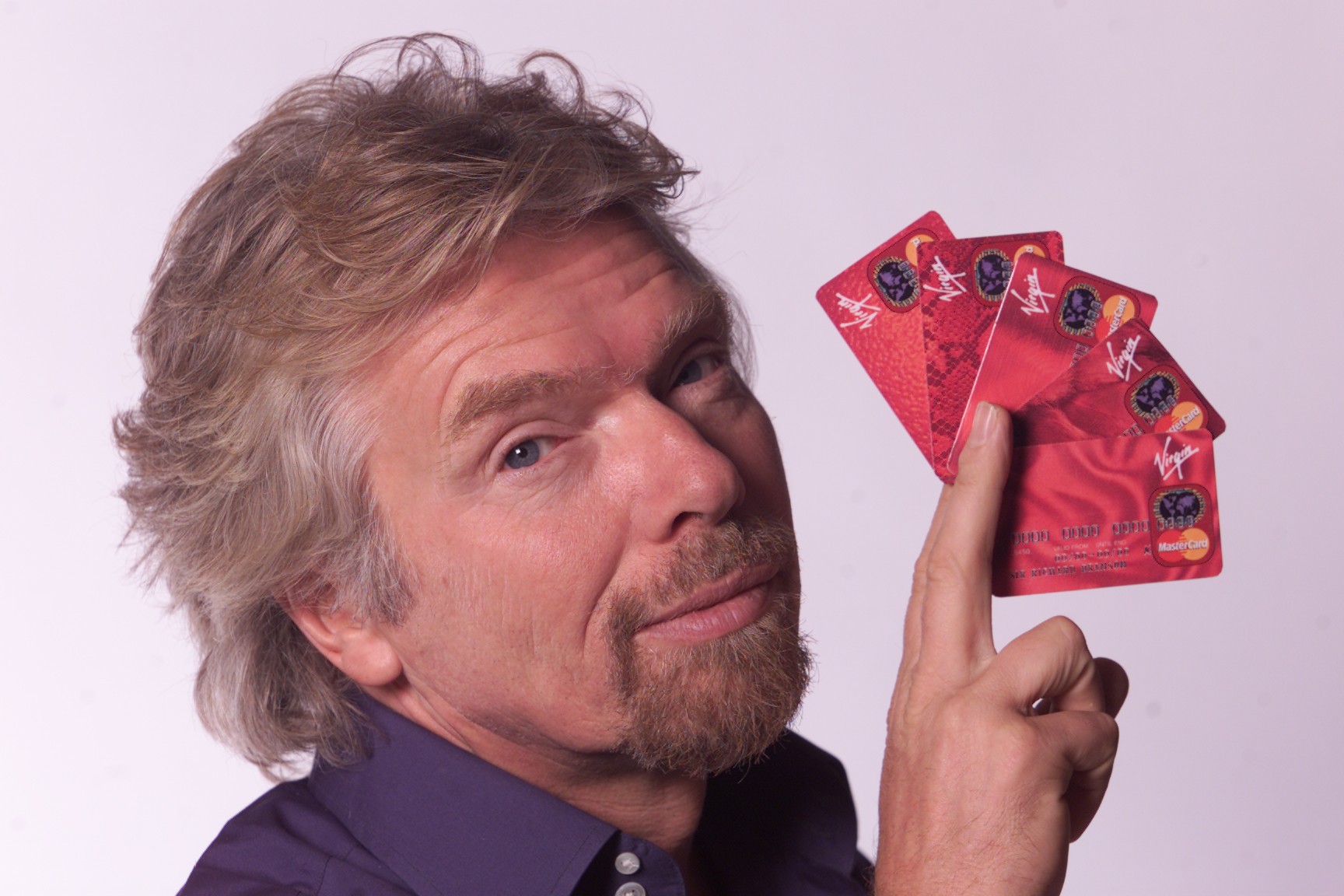
In 1972, at the age of 22, Richard Branson had recently opened his first Virgin record store in London and signed his first artist, Mike Oldfield, to Virgin records. Oldfield’s “Tubular Bells” was released the next year and would sell millions of records, becoming a classic document of electronic experimental music. Five years later, Branson signed the Sex Pistols, a leading pillar of the British punk rock scene who had been rejected by every other record label in England. In addition to his groundbreaking Virgin record label, record stores, and competitive airline, Branson is famous for his world record-breaking attempts, earning him respect as a daredevil as much as a business mogul. A charismatic and like able persona, he has appeared on a number of the world’s most popular television shows, including Friends and Baywatch. He also has a space plane. If nothing else, Branson has proved that a man can be one of the richest, most successful people in the world and still be cool.
4. Sam Walton


At the end of his autobiography, Made in America, Sam Walton wrote that the most important rule in business is to break all the rules. He has also said, “I always prided myself on breaking everybody else’s rules, and I always favored the mavericks who challenged my rules.” His innovative and daring approach to business established the worldwide Wal-Mart chain, which replaced Exxon as the largest corporation in the world in 2002.
5. Bill Gates

It is common knowledge that the richest man in the world is a college dropout. Instead of completing his education at the prestigious Harvard University, Bill Gates decided to take a risk and devote himself fully to a little business called “Microsoft” he co-founded with a classmate, Paul Allen. Not content with the prevailing open-source practices of software development, Gates decided to buck the system by demanding a closed-source ethic. By changing the rules of software development, he established the software industry as we know it today.
6. Donald Trump

A self-made billionaire, real estate mogul Donald Trump is widely regarded as a man who makes the rules. And among Trump’s rules for success, you will not find the words, “humility,” “generosity,” “sympathy,” or “compassion.” The quintessential bullying boss, Donald Trump is a cultural icon and one of the most famous people in the world. Comparing publicity photos from his early years of fame with his more recent dominance on the world’s stage, it is clear Trump has cultivated a distinctly mean image. It is possible he still enjoys smiling, but apparently it is no longer marketable. While nobody is questioning his head for business, Trump’s fame, if not his fortune, is less attributable to any specific business deals or professional decisions than to his “mean boss” imagine and his high-profile personal life (including his widely publicized divorce from Ivana Trump and his scandalous sex life with Slovenian supermodel, Melania Knauss, who would become his wife).
7. Henry Ford
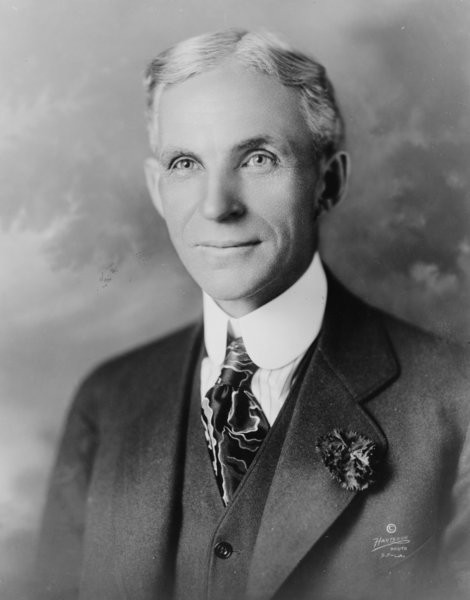
The father of the modern automobile, founder of the Ford Motor Company, and inventor of the moving assembly line was a highly unconventional business leader. Henry Ford challenged his times (and his investors) by insisting on producing affordable automobiles for a mass market. He paid his employees much more than was common at the time, creating what he called “wage incentive” and thereby attracting and keeping a strong work force. Advocating “welfare capitalism,” Ford took an unusual amount of interest in the lives of his employees, requiring them to live according to the rules set by his “Sociological Department,” which restricted how they spent their leisure hours. His risks paid off, and Ford Motor Company has helped define the modern urban landscape.
8. Ray Kroc
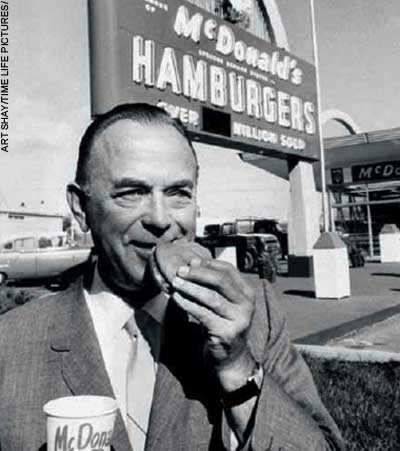
Ray Kroc did not open the first McDonald’s restaurant. He just turned a small, family-owned drive-in into a multi-billion-dollar global franchise. Like Henry Ford before him, Kroc’s ingenuity was in finding a way to bring high quality goods to a mass market. He revolutionized the restaurant industry by introducing strict guidelines for how his items were produced and sold. He turned the sale of hamburgers into a science, and even had his franchise owners earn a “Bachelor in Hamburgerology” at McDonald’s training institute. Unlike Ford, however, Kroc has been criticized for paying his employees as little as possible, and has been accused of trying to circumvent minimum wage laws.
9. Jim Buckmaster
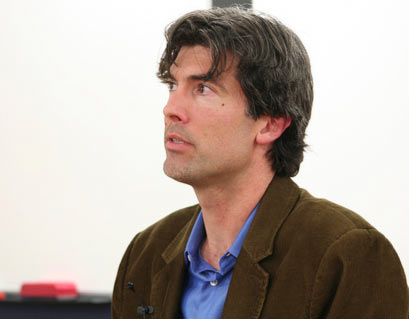
Despite its enormous popularity, Craigslist has not received a great deal of respect as a business. Part of the reason is that the world’s premiere classifieds service seems to go out of its way to avoid making a profit. Most of the service is free. (It generates revenue solely through small fees for apartment and job listings in select cities.) There is no advertising. No branding. No attractive user interface. In sum, Craigslist does not actively compete for business. Craigslist’s CEO since 2000, Jim Buckmaster says the key to their success is an anti-commercial value system based on three “ironies”: “the ironies of unbranding, demonetizing, and noncompeting.” Instead of going for the quick profit like other startups, Craigslist survived the dot-com boom and bust by providing a service as simply and straightforwardly as possible. Buckmaster says, “We’re definitely oddballs in the Internet industry, and we always have been. Lots of people made fun of us, especially at the height of the dot-com boom. Most of those people are out of business now.”
Source
Taylor, William C. and LaBarre, Polly. Maverick’s At Work: Why the Most Original Minds in Business Win (HarperCollins 2006), pp. 37-39.
10. Li Ka Shing
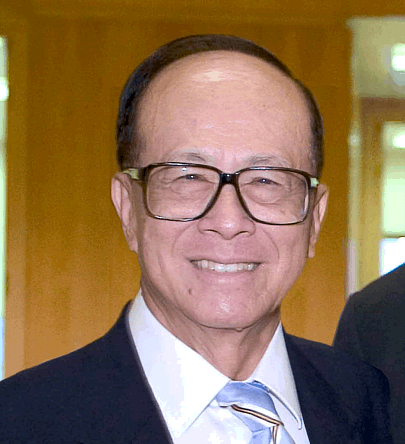
Li Ka Shing’s is the true American story: hard work, determination, and smart choices brought him out of poverty and into the green. The only difference is Shing is from China. The richest man in Hong Kong, Forbes magazine has reported Shing’s net worth to be $26.5 billion. Not bad for a man without a high school diploma. Loyal to his humble beginnings (his family fled China, penniless, when it was invaded by Japan), Li Ka Shing famously prefers not to flaunt his wealth. He is soft-spoken, pleasant, and wears inexpensive shoes and watches. At the same time, his discipline and clear head for business have earned him the nickname, “Superman.” A unique mixture of East and West, Li Ka Shing does not quite fit any mold.